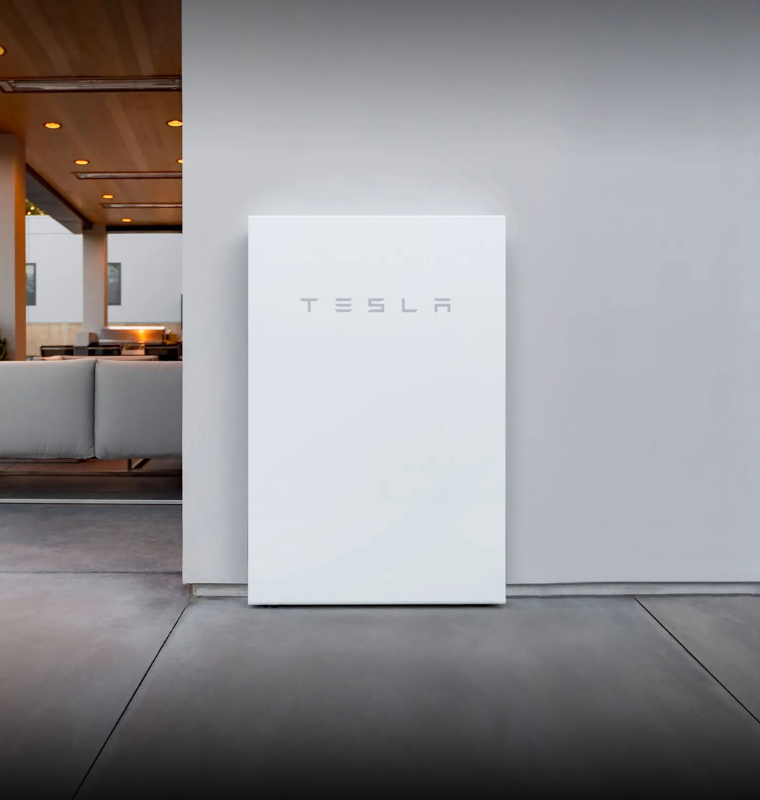HSBC Moves to Fully Acquire Hang Seng Bank in $37 Billion Privatization Deal
HSBC Moves to Fully Acquire Hang Seng Bank in $37 Billion Privatization Deal
By
Calder Monroe
Last updated:
October 9, 2025
First Published:
October 9, 2025

Photo: South China Morning Post
Hang Seng Bank’s shares skyrocketed by almost 30% on Thursday after its parent company, HSBC Holdings plc, unveiled a proposal to take the Hong Kong-based lender private — a move that could reshape the region’s banking landscape. The deal, valued at more than HK$290 billion (around $37 billion), marks one of the largest privatization bids in Hong Kong’s recent history.
A Premium Offer for Shareholders
Under the proposed plan, Hang Seng Bank’s minority shareholders would have their shares canceled in exchange for HK$155 per share, representing a 33% premium over the bank’s average price of HK$116.5 over the past 30 days. HSBC, which already owns about 63% of Hang Seng, values the total transaction at HK$106 billion for the remaining stake.
While Hang Seng Bank shares surged on the news, HSBC’s own stock slipped more than 5% in Hong Kong trading, reflecting investors’ mixed reaction to the large-scale acquisition.
Strategic Confidence in Hong Kong’s Financial Role
HSBC Group Chief Executive Georges Elhedery described the proposal as an opportunity to consolidate the group’s position in Hong Kong, calling it an “exciting opportunity to grow both Hang Seng and HSBC.” He emphasized that the move underscores HSBC’s long-term confidence in Hong Kong as a global financial hub and its crucial role as a “super-connector” between international capital and mainland China.
Elhedery added that Hang Seng’s brand, heritage, and customer relationships will be preserved, while HSBC plans to invest further in digital transformation, product innovation, and cross-border financial services. The proposal also includes provisions for dividend adjustments, excluding Hang Seng’s third interim dividend for 2025.
Strategic Realignment Amid Regional Challenges
HSBC stated in its filing that one of its top strategic goals is to expand growth in Hong Kong, noting that a unified structure would better position it to capture regional opportunities. Analysts believe the move could simplify governance and operations, as dual-listed parent-subsidiary structures often pose challenges in regulatory and strategic alignment.
“Parent-subsidiary double listings are inherently problematic in terms of governance,” said Michael Makdad, senior equity analyst at Morningstar. “This privatization move is both positive and long overdue.”
Dealing with Loan Pressures and Market Volatility
Hang Seng Bank, founded in 1933 and one of Hong Kong’s oldest financial institutions, has recently faced growing challenges in its loan portfolio due to exposure to the mainland Chinese real estate downturn.
In its first-half 2025 financial report, the bank revealed that non-performing loans (NPLs) rose to 6.69% of total loans — up from 6.12% in December 2024 and 5.32% in mid-2024. The rise was primarily attributed to continued stress in the property sector. Despite this, Hang Seng remains a vital regional unit within HSBC’s broader Asia-Pacific strategy.
What Comes Next
The proposal will now go before Hang Seng Bank’s board and shareholders for consideration, following Hong Kong’s Companies Ordinance requirements. If approved, the deal would delist Hang Seng Bank from the Hong Kong Stock Exchange, giving HSBC complete ownership and greater operational flexibility.
This bold privatization bid highlights HSBC’s determination to strengthen its foothold in Asia, where it earns the majority of its profits. By fully integrating Hang Seng Bank, HSBC aims to streamline operations, eliminate governance friction, and reinforce its dominance in one of the world’s most dynamic financial centers.
Popular articles
Subscribe to unlock premium content
The Rise of Silent Walking Tours in Historic Cities

The Rise of Ultra-Niche Cooking Classes Focused on Historical or Regional Recipes

The Rise of One-Person Dining Experiences for Ultra-Introverts in Major Cities

The Rise of Silent Walking Tours in Historic Cities

The Rise of Ultra-Niche Cooking Classes Focused on Historical or Regional Recipes

The Rise of Silent Walking Tours in Historic Cities









